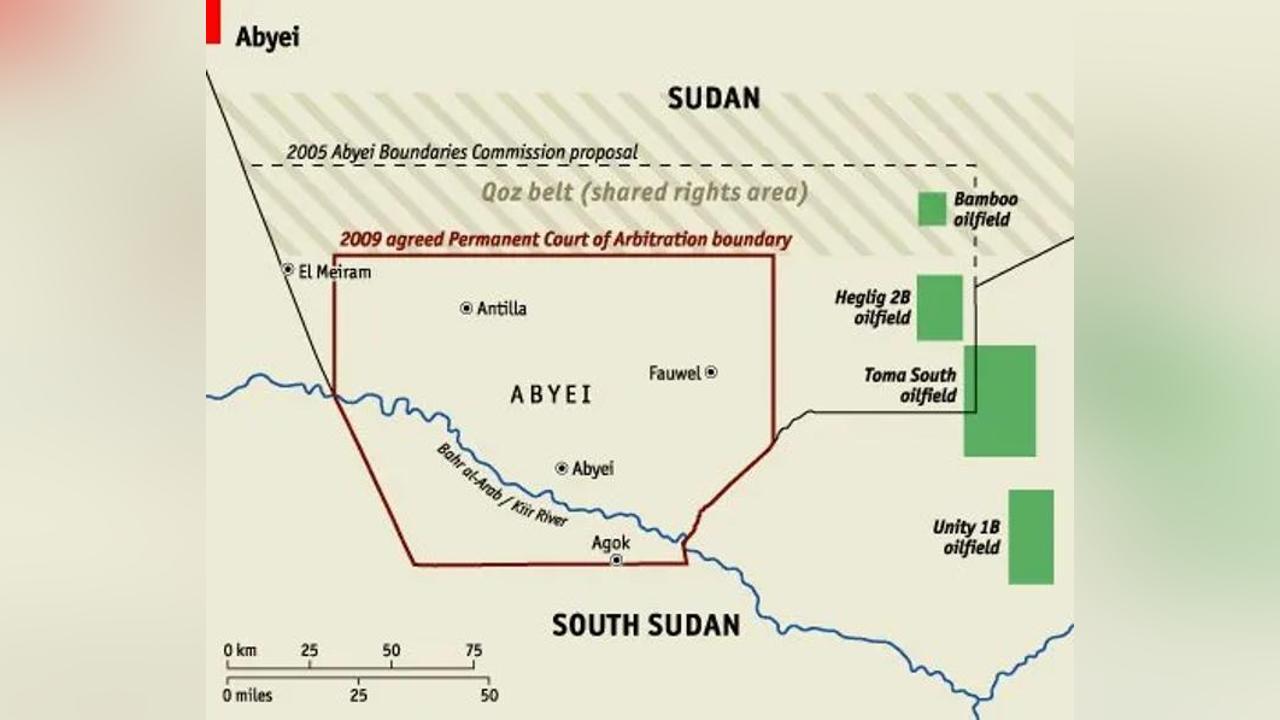Africa-Press – South-Sudan. While one civil society activist welcomed President Salva Kiir Mayardit’s decision to reconstitute a high-level committee on Abyei as long overdue, a researcher urged caution, citing ongoing instability in Sudan as a challenge to genuine dialogue.
On Friday, President Kiir formed a committee with a mandate to engage the Government of Sudan and provide regular updates to the President on efforts to resolve the long-standing political and administrative uncertainty surrounding Abyei.
The initiative comes at a time when international partners are calling for renewed negotiations between South Sudan and Sudan, particularly amid evolving regional dynamics.
Civil society activist Edmund Yakani, Executive Director of Community Empowerment for Progress Organization (CEPO), welcomed the decision as a positive and timely step.
“I would like to take this opportunity, with respect, to appreciate His Excellency the President for forming a committee for fast-tracking the final status of the Abyei Administrative Area,” Yakani said.
“This is a remarkable decision and a long-awaited one. We feel, as civil society, that the decision on the fate of RBA should rest upon the sons and daughters of the Abyei Administrative Area, as per the provisions of the Comprehensive Peace Agreement, specifically the Abyei Administrative Protocol.”
Yakani further called on leaders in both Juba and Khartoum to demonstrate good faith in supporting the process.
“We are calling upon the political leadership in South Sudan and in Sudan to ensure genuine and honest cooperation in determining the final status of Abyei Administrative Area,” he said.
“Leaving the issue unresolved since 2005 is an absolute violation of the civil, political, and social rights of the people of Abyei.”
Meanwhile, researcher and policy analyst James Boboya raised concerns about the timing of the initiative, pointing to Sudan’s internal instability as a challenge to immediate dialogue.
“The president of the Sovereign Council of Sudan is preoccupied in terms of bringing peace and stability to Sudan,” Boboya said.
“He does not even have authority over all the borders of Sudan because he’s fighting the RSF, and the RSF is also fighting the Sudan government because the RSF wants to make sure that they are in control of the entire Sudan.”
He said the situation presents serious difficulties for engaging in any concrete discussions over Abyei at the moment.
“So, there’s a lot of confusion militarily, politically, socially, and economically, and so they have no time to discuss the situation in Abyei,” he continued.
“But I wish that the President really, you know, have a dialogue in terms of what the people of Abyei and the South Sudanese want to achieve, and then the spirit of dialogue—when the peace comes to Sudan—then maybe this kind of decision is made. But let us see what happens moving forward.
In 2013, the Ngok Dinka community held a unilateral referendum in which the vast majority voted for Abyei to join South Sudan.
However, the results were not recognized by either Juba or Khartoum and remain non-binding under international law.
The reconstitution of the Abyei committee is viewed as a renewed effort to break the deadlock and work toward a peaceful resolution. Both activists agree that the voices of the local communities must be central to any decisions made regarding the region’s future.
For More News And Analysis About South-Sudan Follow Africa-Press






